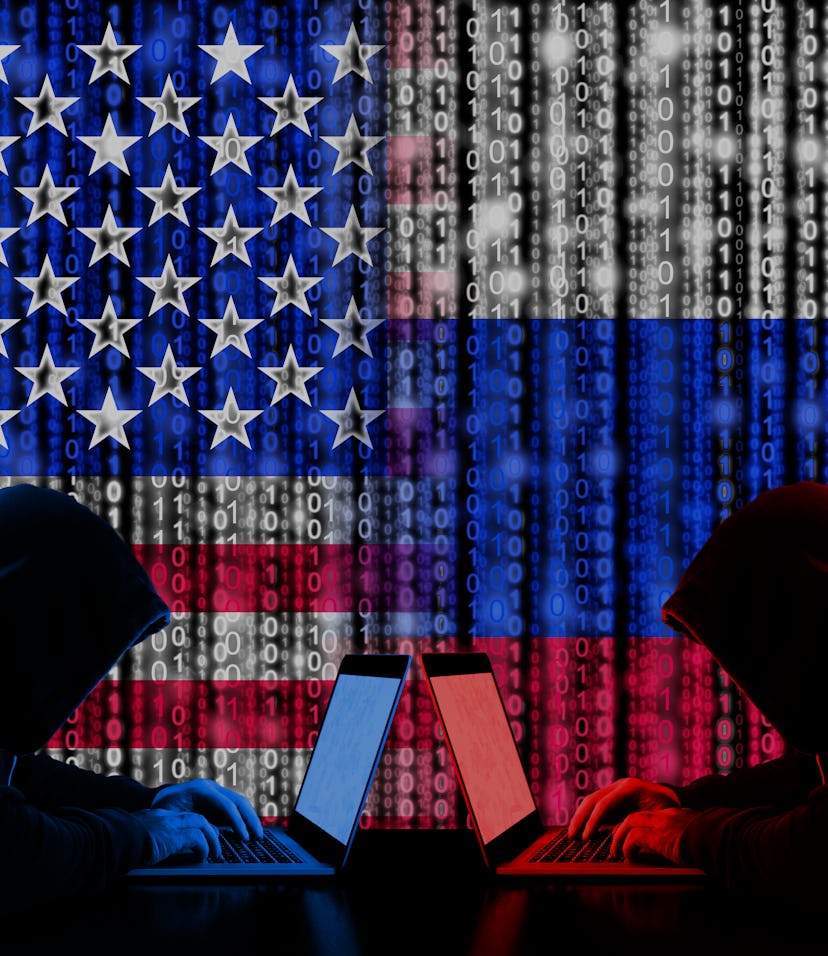Culture
Facebook catches Russian disinformation network trying to manipulate voters... again
Trolls are still trying to manipulate public debate, according to Facebook. And if it can't limit the spread, we might see a repeat of 2016.

Facebook just released its August 2020 findings on coordinated inauthentic behavior (CIB) campaigns and foreign or government interference (FGI), part of its routine inspection for manipulation on the platform. On top of Facebook brainstorming an ad "kill switch" strategy in the case that Donald Trump disputes the 2020 election result, the company says that it is working on rooting out trolls who may rely on fake profiles to push an agenda for a particular cause. So far, it has removed one Russian, one American, and one Pakistani network.
"We have shared information about our findings with law enforcement, policymakers and industry partners," the world's most densely populated social network claims.
What went down — The company says that it has taken out more than 100 networks since 2017, which were highlighted for "inauthentic behavior, including ahead of major democratic elections." One of those networks it removed was the infamous Russian Internet Research Agency, which was booted from the platform in August. Before getting kicked off, though, it "tricked unwitting freelance journalists into writing stories on its behalf," Facebook said in the report. This is the same group that gained notoriety for attempting to interfere in the 2016 election.
So far, Facebook has removed:
- 521 Facebook accounts.
- 72 Instagram accounts.
- 147 Facebook pages.
- 78 Facebook groups.
The company states that it will update the count in the (highly likely) scenario that trolls pop up again. Social networks across the board have been attempting to curb fake profiles. Twitter recently removed several accounts that were pretending to be Black Americans leaving the Democratic Party over ideological differences in light of the Black Lives Matter protests. These profiles used photos belonging to unsuspecting strangers and often published tweets that went viral on the network.
Don't get your hopes up — The 2016 presidential election taught us that you can never be sure about your cybersecurity measures. They need to constantly evolve, strengthen, and exercise a proactive approach while handling bad actors. If you slack, you become a prime target for misinformation and disarray.
Facebook sounds ready to handle the challenge, but it's best to remain a little skeptical about its claims considering its role in the previous presidential election and the Cambridge Analytica scandal, which affected millions of Facebook users and their personal data. The highly personal information was later on used for political advertising without the knowledge of everyday account owners.
Clearly aware of its own sordid past and the fact that its fact checking measures inspire no confidence, the company says, "We are making progress rooting out this abuse, but as we’ve said before, it’s an ongoing effort."
"We’re committed to continually improving to stay ahead," it said in parting words. "That means building better technology, hiring more people and working closely with law enforcement, security experts and other companies."